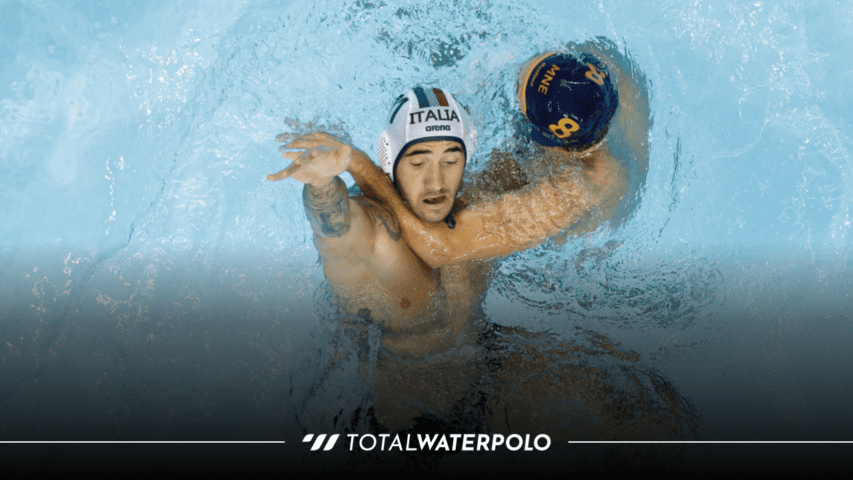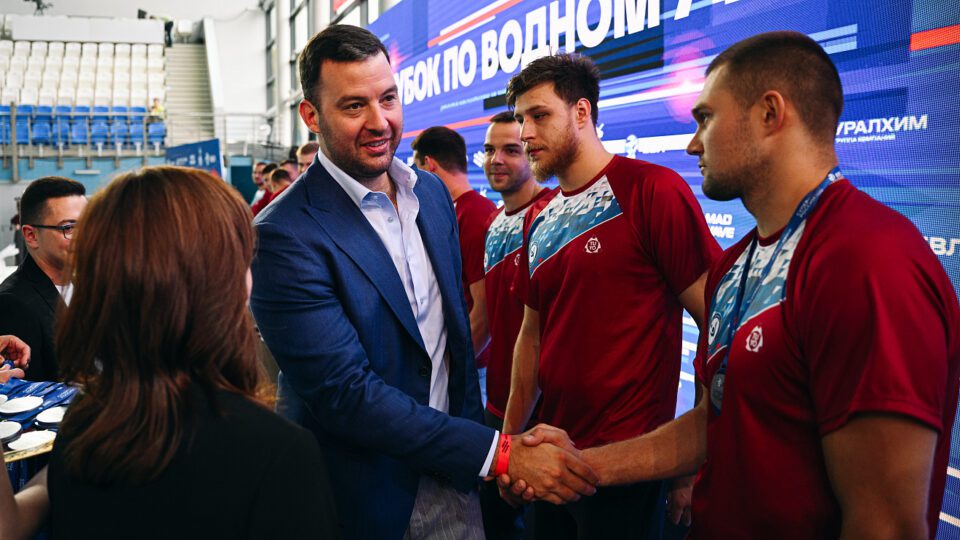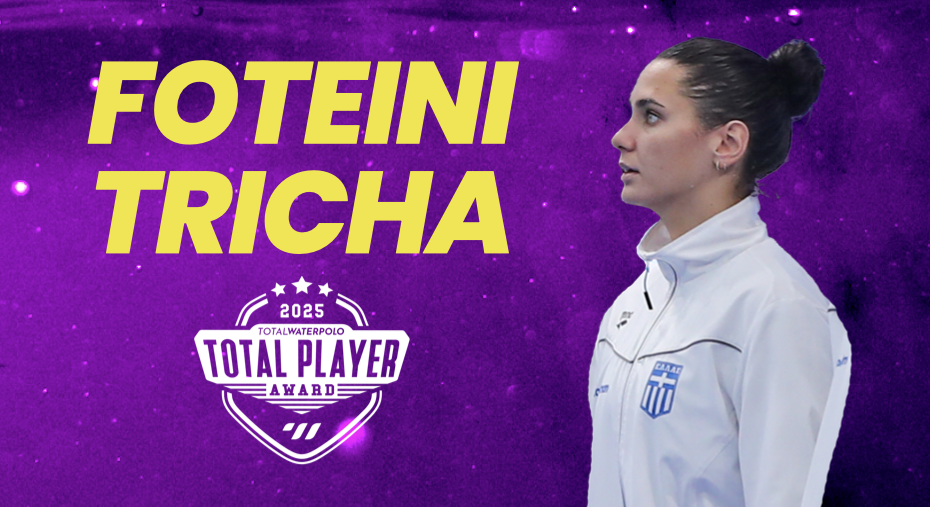🔁 If you missed the initial announcements, read our earlier coverage on the initial proposals and the controversial enforcement by World Aquatics.
After last year’s controversial implementation of a new rules package, World Aquatics formed the Water Polo Rules Committee with the goal of reviewing those regulations and proposing possible updates and clarifications.
The committee has now finalized report with a list of changes it believes should be adopted ahead of future major events. These proposals will be submitted to the World Aquatics Bureau for final approval. They believe that these rules should be implemented and used for the World Championships in Singapore (this summer).
🗂️ As of now, these changes are not official rules — they remain proposals. Only after Bureau approval would they be implemented across all World Aquatics competitions.
They state that the process included internal meetings, data collection through questionnaires, and discussion sessions.
The report marks the first phase of a broader, long-term reform plan aimed at unifying men’s and women’s rules, accelerating the pace, and modernizing gameplay and officiating through video technology and streamlined procedures.
✅ Proposed Rule Changes
Game Rules
1. Field of Play
Field of play adjusted to 25 meters
2. Attacking Time
Reduction of shot clock from 30 to 28 seconds for both men and women
3. Second Possession and Exclusion Time
Shot clock reduced to 18 seconds for both men and women
4. Team Composition (14 Players, 2 Goalkeepers Required)
5. Additional Players on Field of Play – Penalty as the Only Call
6. Goalkeeper Substitution Rule – Playing with Seven Field Players
7. Injury and Bleeding Protocol – Immediate Substitution Required
8. Dead Time Penalty – Players Leave the Field of Play, Not the Pool
9. Timeouts During Penalties – Substitutions Now Allowed for Both Teams
10. Player Exclusion for Leaving the Pool – Automatic Exclusion with Substitution
11. Yellow Card Signalization – Teams Can Now Receive Official Warnings
12. Flying Substitution Area – Re-Entry Allowed if No Substitute is Ready
13. Penalty Shootout (PSO) Rules for Goalkeepers
Goalkeepers will receive a yellow card for a second excessive movement, with exclusion on a third offense (for one shot)
14. Wasting Time – Possession Allowed, But Counter Fault for Non-Engagement
With emphasis on defining “non-engagement” more clearly
15. Gaining Positional Advantage – Ducking Now an Official Exclusion Fault
16. Counter-Attack Obligations – Second Closest Player Must Pursue the Ball
17. Timeout Restart – All Restarts Must Occur from Midfield or Behind
Protocol and Regulation Changes
18. VAR Protocol
Expanded in-game reviews, in-game substitutions allowed, no post-game requests
19. Challenge Protocol
Coach-initiated video reviews officially introduced
20. Tiebreaking Rules
Goal difference among tied teams becomes the primary tiebreaker
21. Unification of Rules for Men and Women
Standardizing field size, attacking time, and exclusion periods
22. Coach’s Challenge in Dead Time
23. Referee Decision Time Limit for VAR and Challenges
Maximum of 2 minutes
24. Game Duration and Interval Timing
Breaks modified to 2 minutes between quarters and 5 minutes at halftime
❌ Proposals Not Adopted by the Committee
Six-Meter Fault Adjustments – Direct Shots and Ball Movement
Proposed changes to allow direct shots and modify ball movement were rejected
Player with Three Personal Fouls – Must Sit on a Separate Bench
Rejected as overly complex and unnecessary
🔜 Still Under Discussion (To Be Addressed in Podgorica, April 2025)
-
Allowing draws in group stages (eliminating automatic penalty shootouts)
-
Introducing 4-minute overtime before penalty shootouts in classification matches
-
Revising World Cup competition format
-
Public referee announcements explaining VAR and Challenge decisions
🕒 Implementation Timeline
The committee recommends that all approved changes be implemented immediately — including in the lead-up to the 2025 World Championships in Singapore — to give teams, referees, and organizers time to adapt.
It also proposes further discussion on adjusting the Olympic competition format for Los Angeles 2028, although no concrete details have been presented.






